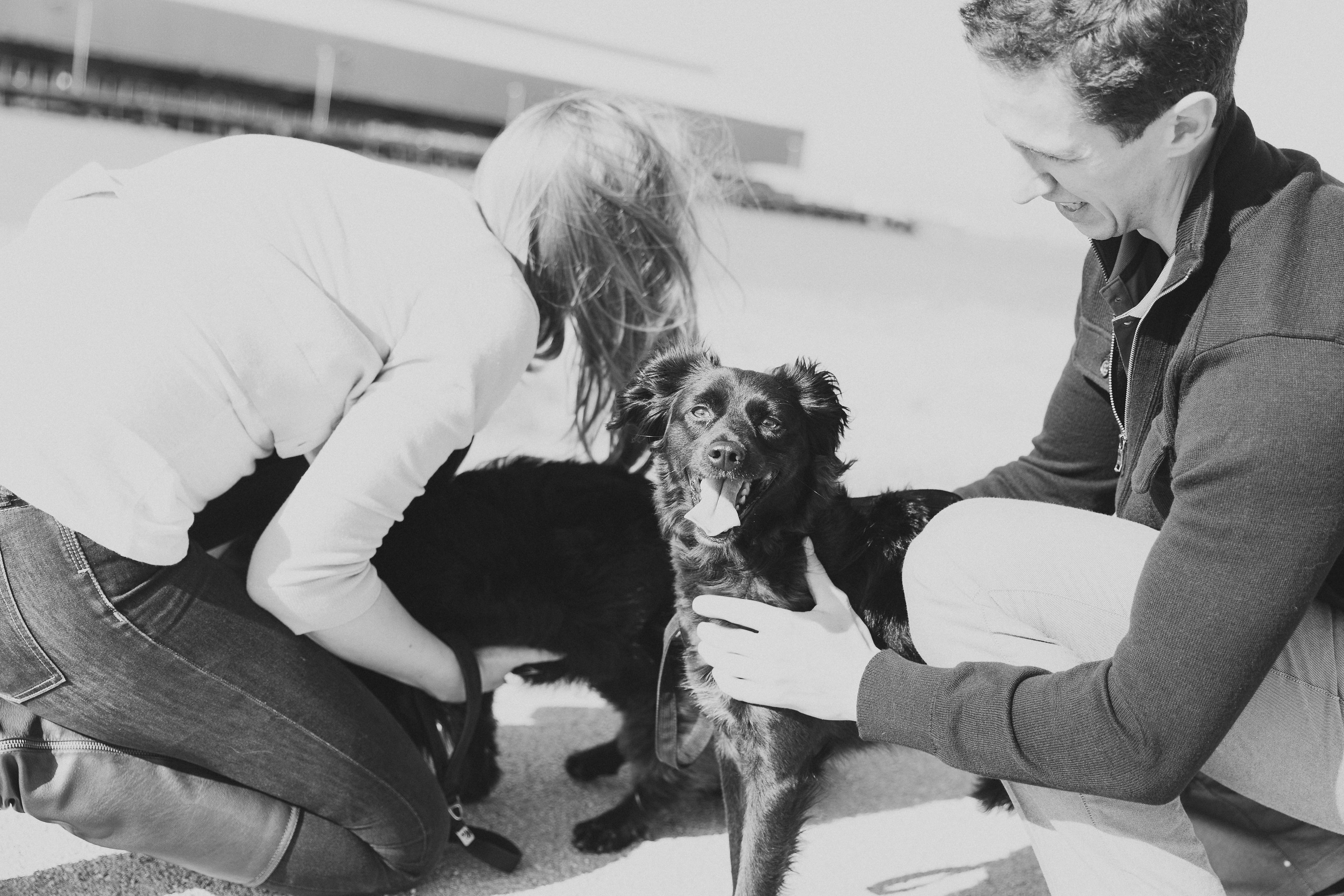Animal companionship promotes both physical and emotional healing. Pets provide comfort, joy, and a sense of purpose that helps many people cope with grief, isolation, anxiety, and depression. Additionally, pets encourage socialization, exercise, and expanded perspective. This positive influence in the home keeps diminished income from leading to further deterioration of quality of life. Access to free and reduced cost food helps pets remain in their homes when people need their companionship the most.
The Pets. Our love for our pets inspires us to do whatever we can to care for them. When income is insufficient to buy pet food, people may resort to feeding them human food. Whether over short-term or long-term, an improper diet can put a pet’s health at risk. Even if the food is not outright unhealthy, the pet’s diet still may not be properly balanced to sustain them indefinitely. When communities extend pet food assistance to low-income households, they mitigate unnecessary animal suffering and the possibility of snowballing health difficulties due to poor nutrition.
Furthermore, pets bond with people as much as people bond with their pets. Being removed from their homes and separated from their families who can no longer afford to feed them is a traumatizing experience that can lead to behavioral issues. Providing financially challenged households with pet food assistance ensures a consistent home environment in which a pet can continue to thrive – physically, mentally, and emotionally.
“Providing financially challenged households with pet food assistance ensures a consistent home environment in which a pet can continue to thrive – physically, mentally, and emotionally.”
Moreover, when there isn’t sufficient food in the home and animals are released to hunt and forage on their own, native wildlife becomes an additional casualty of a family’s financial crisis. Along with having a direct negative impact on community wildlife, roaming cats and dogs may breed indiscriminately and contribute to a larger homeless pet population. Donating to your local pet food pantry can help reduce the strain on community animal shelters and rescue organizations that are often underfunded and overextended.
Pets bring continuity to our lives through mutually enriching relationships, and for many pets and people, keeping these relationships intact is critical to good health and happiness. Independently operated pet food banks and pantries will happily receive a small or large pet food donation, as will many state emergency food distribution programs. Contact local animal rescue organizations, churches with food distribution centers, or your county animal shelter to find out where you can drop off your pet food donation. Extending your generosity to the animal companions of those in need keeps families together, makes sure all members get fed sufficiently, and helps to build a healthier, happier community.

Have you donated? If so, what compelled you? Please share your thoughts below!
